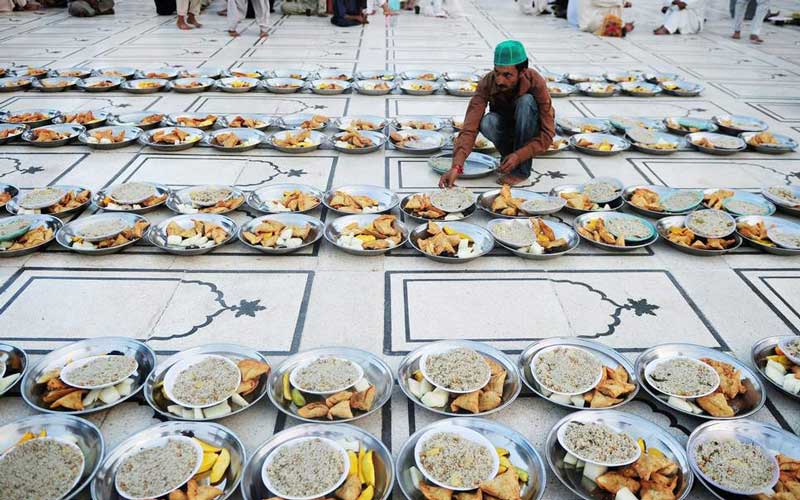×
The Standard e-Paper
Join Thousands Daily

It is vital to maintain healthy nutrition especially during the month of Ramadhan. During this period Muslims abstain from consuming food and drink, from dawn until dusk.